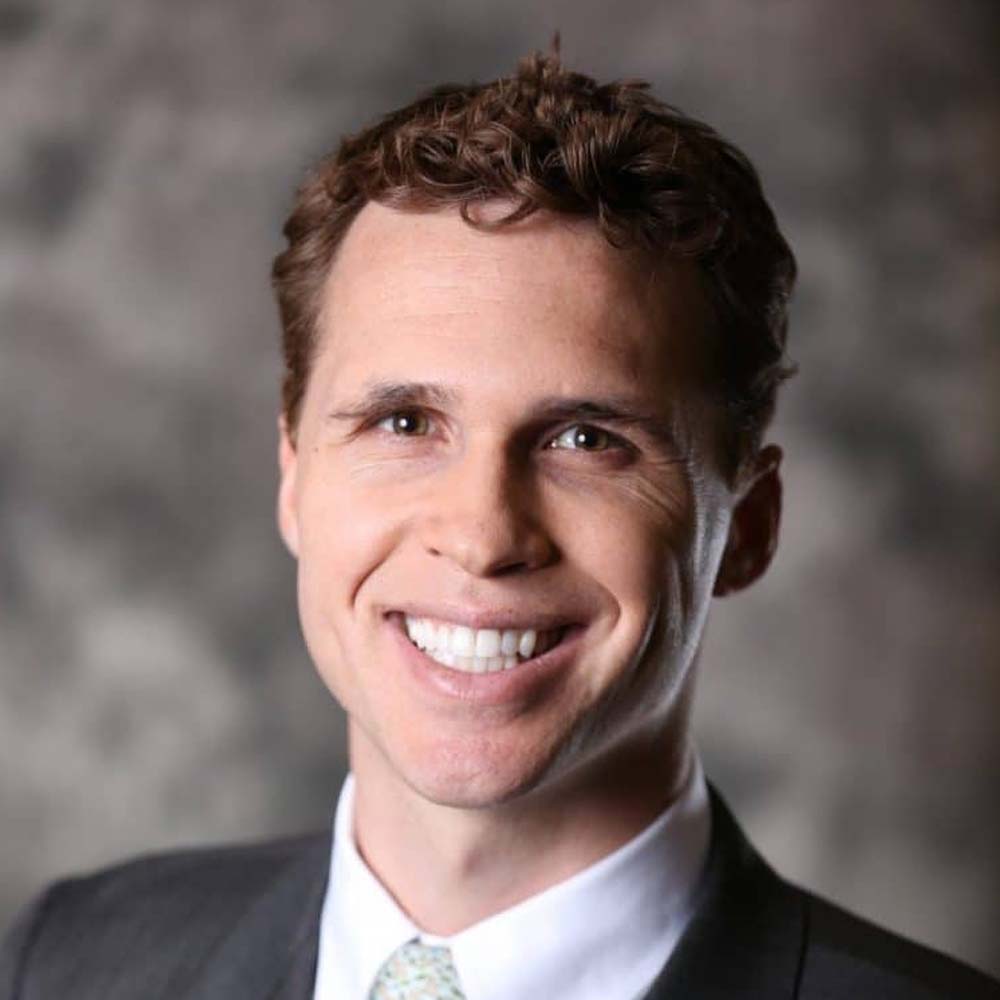Our modern society is obsessed with preventing aging. Even young women in their 20’s are buying skincare products with terms like “ageless” and “anti-aging” in the title, and everybody is trying to look and act younger than their years. But these negative misconceptions about aging can be damaging to everyone, not just seniors. We all advance in years, and all of us lucky enough to grow older have to face the reality of aging. There are many myths about aging that perpetuate this negative image, but they aren’t true–or they don’t have to be. Embrace the beauty of age, and you’ll find all the good parts about getting older! Here are 10 myths about aging you should stop believing today.
Myth 1: Aging Means Memory Loss
While Alzheimer’s, dementia, and cognitive decline are common conditions, they don’t affect everyone. Getting older does not guarantee memory loss of any kind. About 40% (less than half!) of people over the age of 65 experience age-related memory loss, and only 4% of people over 65 in the United States currently suffer from dementia. There are also many ways to prevent or decrease your risk of memory loss, including advanced education, living a healthy lifestyle, and spending time with family and friends.
Myth 2: “You Can’t Teach an Old Dog New Tricks”
Guess what? You actually can teach an old dog new tricks! This antiquated idiom was based on the notion that your brain becomes less able to learn as you get older. However, modern science has proved this to be untrue (1). Due to neural plasticity, your brain is capable of learning new things and creating new neurons and connections at any age. You can learn new skills no matter how old you are! While it may require more effort and time than it would take a child, you are literally never too old to learn something new.
Myth 3: Your Worth is Determined by Your Attractiveness
Many movies, TV shows, and the entire beauty industry currently perpetuate this myth that aging means becoming less attractive. However, while it is true that our appearance changes as we age, our worth is not determined by our level of attractiveness, either to ourselves or to others. Even if getting older means occurring wrinkles, age spots, loose skin, more body fat, and other traits that are conventionally less “attractive”–you don’t have to buy into this idea. You are more than your body, and your worth does not change as you age.
Myth 4: Older Adults are a Burden to Society
In the United States, many people have grown up believing that older people are a “burden” that have to be financially and even physically supported by younger generations. But older people have much to offer, in every way. Many seniors have a positive impact on society through charity work, volunteering, and supporting family members. Many seniors continue working long after the age of 65. Seniors often save for retirement throughout their lives, so they continue to support themselves–and others–financially, even after they stop working. People old enough to have lived through history and experiences can also offer invaluable insight, perspective, and advice to younger generations.
Myth 5: It’s Too Late to Find Love
Though the amount of single people does decrease with age, it’s never too late to find love. Senior dating sites have continued to multiply and expand in membership, showing that widows and widowers, divorced people, and those who have remained single throughout their lives continue to be open to new relationships. Many people discover new love and passion later in life, and there’s nothing wrong with that.
Myth 6: Exercise is Dangerous for the Elderly
Physical exercise benefits almost everyone, at any age. You can mitigate risks of falls or exacerbating health conditions by choosing low-impact exercises that work for your body. Continuing to practice strength training and mobility has a positive effect on your physical and mental health, regardless of your age. In fact, it’s even more important for older people. Being physically active helps manage the symptoms and reduce your risk of dozens of health conditions, including heart disease, diabetes, stroke, dementia, arthritis, and osteoporosis.
Myth 7: Retirement Leads to Depression
It’s true that in the years right after your retirement, you are more likely to experience depression, anxiety, and other mental health symptoms. However, these symptoms are usually temporary, and they don’t happen to everyone. They are also preventable in many cases. Many seniors find great joy and meaning in retirement.
Myth 8: Aging Means Declining Health
A large percentage of older people have chronic health conditions, and this percentage increases with age. It’s true that getting older can make managing your health more challenging. But this is also far from inevitable. Staying active, leading a healthy lifestyle, preventing isolation and loneliness, and avoiding alcohol and smoking can go a long way to staying healthy even in your later years. Many people in their 60’s, 70’s, and even 80’s remain healthy and active. It may be a little more work than it once was, but it’s not impossible.
Myth 9: Older Adults Don’t Understand Technology
Technology changes and advances very rapidly, which means it’s easy to get left behind, no matter your age. However, many seniors stay up-to-date and are very competent users of modern technology. Since it’s never too late to learn new things, it’s also never too late to learn to use modern technology, and lots of seniors have no problem at all keeping up.
Myth 10: Younger People Have to Care for Their Elderly Parents
It makes sense to care for the people who have cared for you throughout their lives. For many reasons, younger generations often care for their elderly parents and grandparents. In some situations, this works great, but in other cases, it can cause resentment, conflict, and even a breakdown of relationships. There are many ways to take care of aging parents. Senior living can be a great way for younger adults to care for their older parents, without causing relationship problems or physical burdens.
As you can see, there are a lot of negative myths about aging out there. Here are the top 10 myths about aging we think you should stop believing today. Don’t let your perceived misconceptions about getting older stand in your way!




